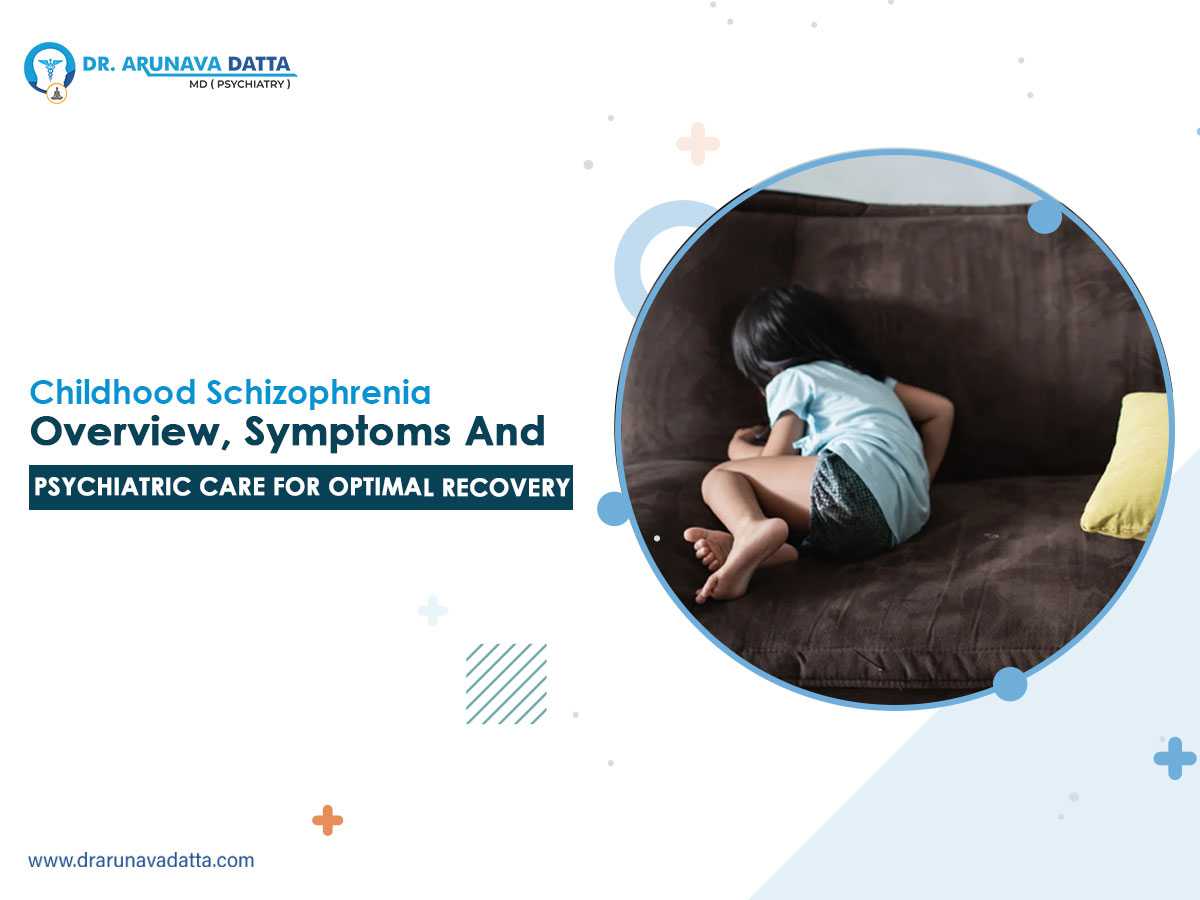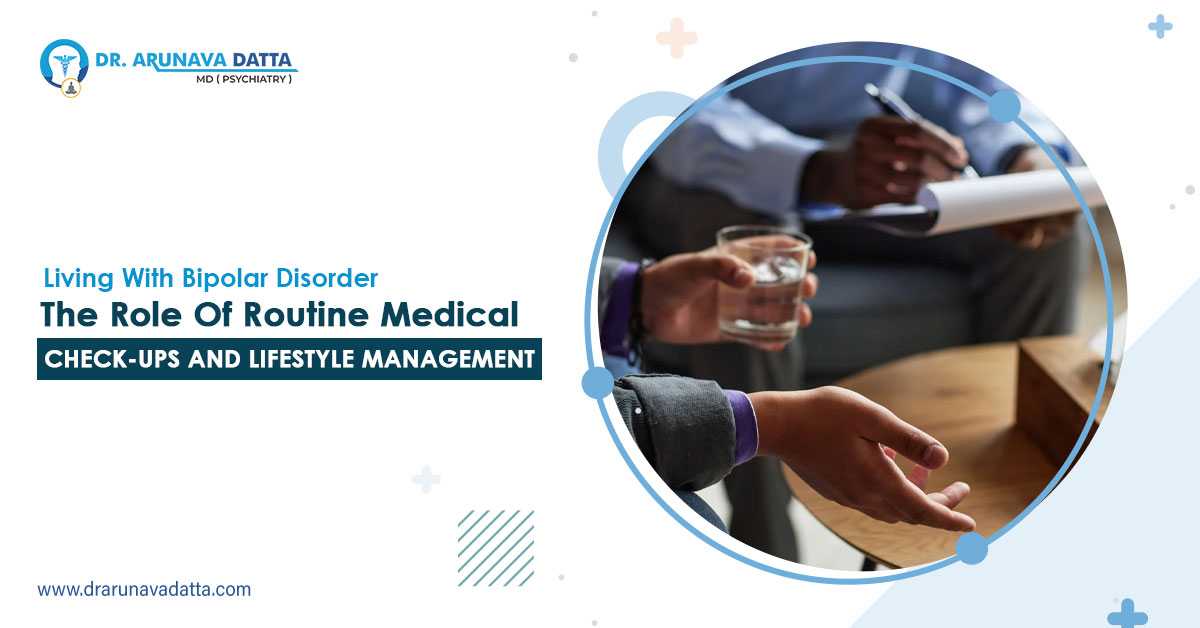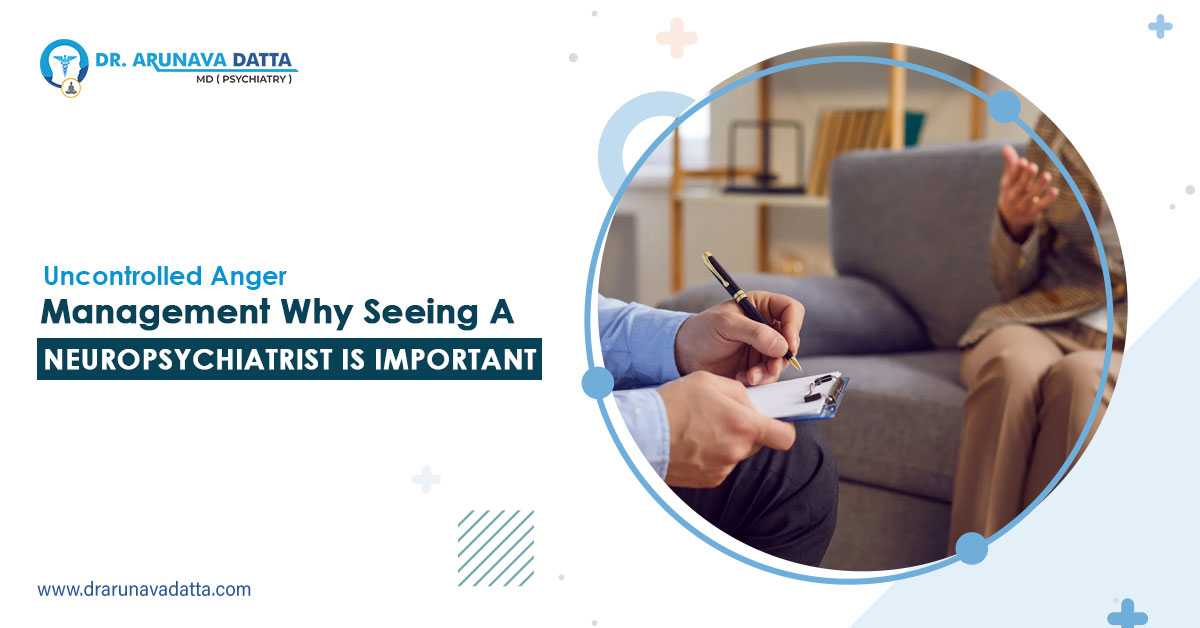One usually has more time to heal optimally if he/she begins the therapies earlier. However, the exact time of the rehabilitation process depends on how the person responds to the treatment, how severe the condition is, and his/her overall health. For assistance with a reliable rehabilitation centre in Siliguri, visit the leading addiction psychiatrist Dr. Arunava Datta.
Now, one of the most common questions for patients and their loved ones is - how long will it take to get better? Well, psychiatric or addiction rehabilitation is a journey that takes intense monitoring and in-depth care. Here, the time required depends on multiple factors, including the type and severity of addiction or psychiatric conditions.
Also, co-occurring mental health disorders and individual circumstances matter in this case. This blog will explore the typical timelines for addiction and psychiatric rehabilitation, the phases involved, and the factors that influence the duration. In the secure setting of rehabilitation centers, treatments prove to be highly advantageous.
The Average/ Standard Time Frame for Addiction Rehabilitation
Although every person's path is unique, the following are some common recovery timelines for addiction:
- 30-Day (One Month) Programs: A temporary solution for people with less severe addictions or little money. Although it offers a thorough examination of the addiction and a beginning to recovery, it frequently necessitates follow-up with outpatient treatment for long-term sobriety.
- 60-Day (Tow Months) Programs: A 60-day program is appropriate for people who require a more thorough examination of their addiction and mental health since it gives more time to address the underlying problem. The patient is inspired to give up the behaviors that are causing the addiction and mental health issues.
- 90-Day (Three Months) Programs: Research indicates that 90-day programs are very successful, particularly for people with complicated or chronic addictions. A longer stay gives you more time to fully commit to the change process, develop resilience, and improve behavioural changes.
- Extended Programs (6-12 Months): For severe addictions or those with repeated relapses, long-term residential or halfway house programs offer ongoing and better support possible in this stage in a structured environment. Extending recovery over several months to a year. Such programs give people the best chance at achieving and maintaining sobriety after recovery.
Vital components of psychiatric rehabilitation include:
- Medication Management. It is the primary care that requires medication to manage their psychiatric symptoms, which might take weeks or even months to find the right combination of medications and dosages. Visit the leading rehabilitation centre in Siliguri City, North Bengal.
- Therapy and Counseling. Cognitive Behavioral Therapy (CBT), Dialectical Behavior Therapy (DBT), and other therapeutic are some of the best and most used therapies that help patients optimally recover and maintain sobriety. Psychotherapy, therefore, plays a significant role in psychiatric rehabilitation. Psychotherapy or talk therapy is often ongoing and can continue for years, though the intensity of therapies may reduce over time.
- Relapse Prevention and Skills Training. Giving people the skills to handle stress and avoid relapsing is a key goal of rehabilitation. These talents can take months to learn and practice, and they may last a lifetime.
Because recovery needs ongoing dedication, it frequently needs lifelong care under medical supervision. Consult the top doctor at the best drug rehabilitation centre.






